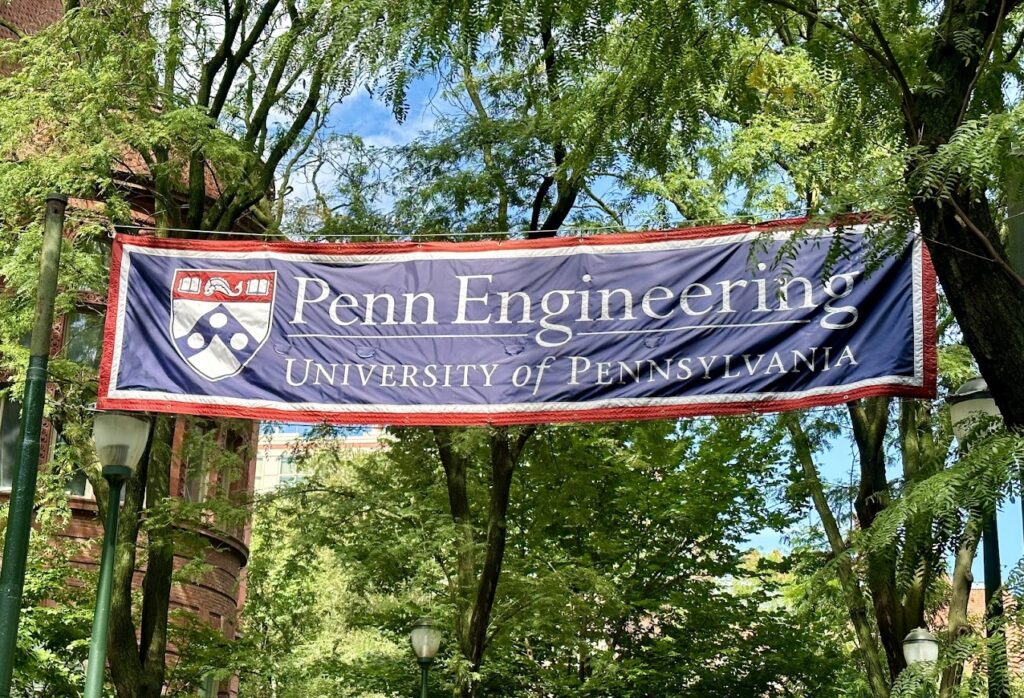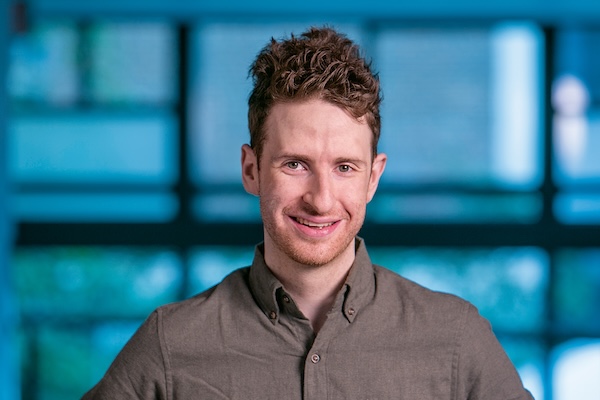
As we begin the 2024-25 academic year, CIS is thrilled to welcome Joel Ramirez from Stanford to our teaching faculty. He will be contributing to the CIS 2400 and 1100 courses, further enhancing our program’s academic strength. Over the past six years, Penn has made over 25 faculty hires, continuing its incredible growth. This year, we are also excited about the near completion of Amy Gutmann Hall, a new space dedicated to data science and engineering collaboration, which will host key research centers and foster innovation across multiple fields.
In addition to new spaces, Penn is launching the Penn Advanced Research Computing Center (PARCC), offering cutting-edge GPU and CPU resources for advanced research. CIS faculty are involved in groundbreaking research projects, including AI-enabled medical treatments and reducing data center energy consumption. These initiatives showcase the department’s leadership in tackling real-world challenges with innovative solutions.
This fall also marks the launch of the first Ivy League Bachelor’s degree in Artificial Intelligence, with 35 students enrolled and more courses in development. Leadership updates include Joe Devietti extending his role as Undergraduate Chair and Anindya De stepping in as Graduate Chair, both bringing fresh ideas to the department. With these exciting developments, CIS is poised for another year of growth, innovation, and academic excellence.
